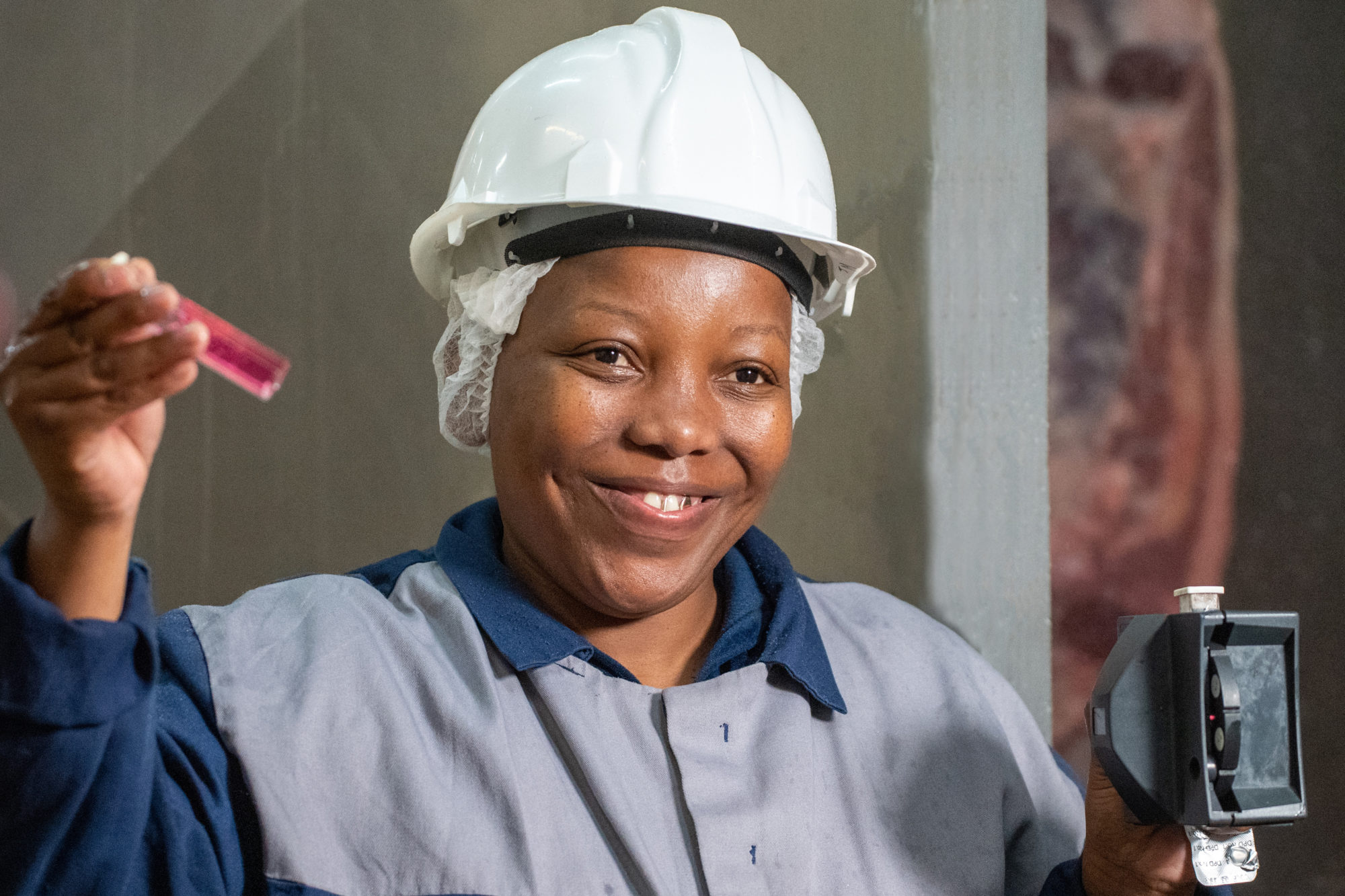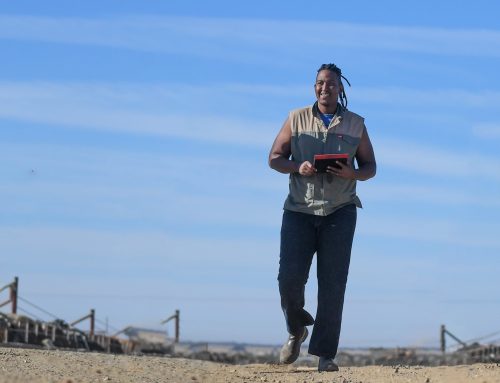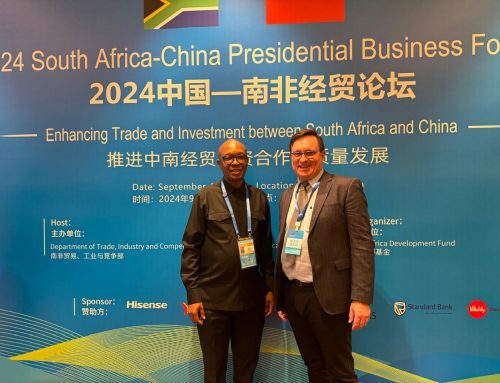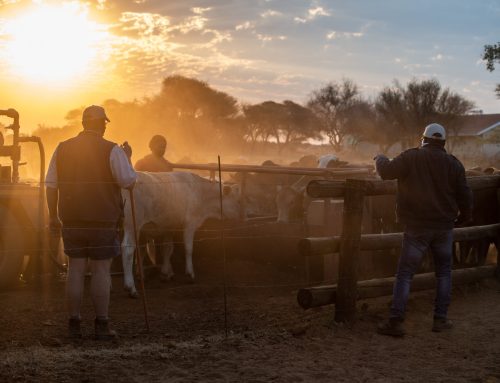Beefmaster Group celebrates role of women in advancing beef industry this Women’s Month
Despite the misconceptions that the beef industry is predominantly a sector for men, South African women play a pivotal role in agriculture in the country, including in the livestock and beef industries.
While there is limited data available on the female representation in the beef industry, statistics from Australia suggest that in 2020, 39.6% of the workforce on farms and in feedlots was female, while women made up 25.7% in the processing sector. The South African picture is not expected to be vastly different. Women currently account for about 43% of the African agricultural labour force, while the number of female supervisors grew to 26% between 2007 and 2018, according to a report by the Sustainability Initiative of South Africa (SIZA).
“Female representation is critical to bringing a balanced perspective to the beef industry and ensuring our industry meets the needs of our customers and communities. There are more opportunities that could be beneficial to women in our industry in the future,” says Cindy Nkgoeng, HR manager at Beefmaster Group, a specialist beef producer and supplier to South Africa and global markets, and Kimberley’s largest private employer.
Nkgoeng is referring to the opportunities presented by the recently announced Agriculture and Agro-Processing Master Plan (AAMP), read in conjunction with the Red Meat Industry Strategy 2030 prepared by the Bureau for Food and Agricultural Policy (BFAP). Accordingly, the red meat sector is expected to contribute more than R12 billion to SA’s agricultural GDP per annum by 2030, and add 3200 jobs to the sector.
“While there is still a far way to go to achieve gender parity, I am encouraged by the success stories shared by women who have entered the beef and agricultural industries thus far,” says Nkgoeng.
One such story is that of Evon Nyareli, a manager at the Group’s feedlot based in Christiana, in charge of receiving and dispatching cattle.
Nyareli joined Beefmaster Group almost 18 years ago, and has “never looked back”. Since joining the company, she has climbed the ranks, starting from the “bottom”. She joined with nothing but a Matric certificate, but has, in her tenure at the company, completed a diploma in animal production, which was supported by the Group.
“I made sure I used every opportunity afforded to me. While the company gives everyone a fair chance, I believe it is what you do with this – whether you grab it with both hands or let it slip through your fingers – that matters. In the end, it’s all up to the individual to determine how far they go,” she says.
As in any industry, being a female leader comes with challenges. For Nyareli, it was meeting the men in the industry on equal terms. “I overcome some of the challenges of being a young female manager by finding common ground: Whether female or male, we are all simply trying to put food on our family’s tables. When everyone understood this, we started working with a common purpose,” she says.
What she enjoys the most about her job, Nyareli says, is receiving calves and ensuring the animals that arrive at the feedlot remain healthy. “Overseeing the growth and weight gain of the animals gives me a sense of accomplishment, given that it is an enormous responsibility.”
To the younger women with the hopes of making it in their respective industries, Nyareli says work hard and be patient, Rome was not built in a day.
“My achievements did not happen overnight. I believe education and working hard are key attributes to reaching one’s goals. I am very grateful for all I have achieved, but I’m not yet done,” she says, adding that she intends on achieving a degree in animal production.
Beefmaster Group is focussed on upskilling staff – including women – on industry-related critical and scarce skills, says Nkgoeng, which includes Animal Production qualifications, quality assurance, and technical and maintenance skills.
Earlier this year, the Group committed to investing R2.5 million to develop and train its employees in 2022. This is a 35% increase on its 2021 training and skills development spend.






